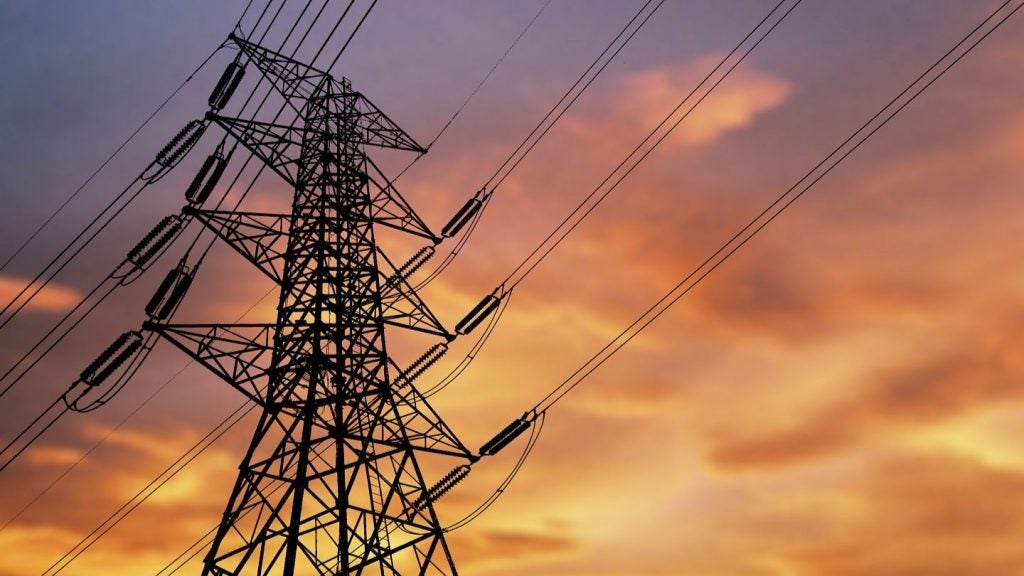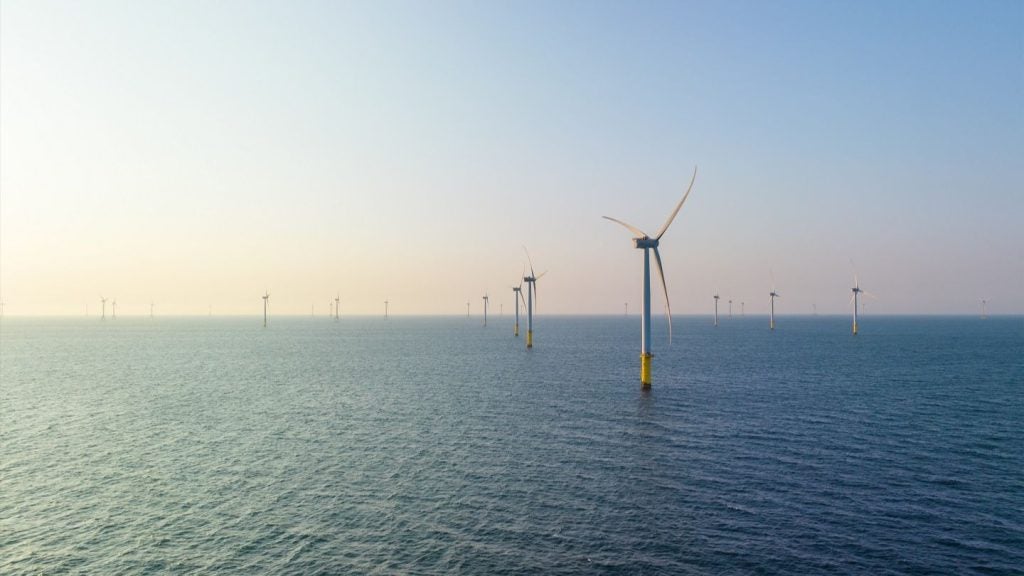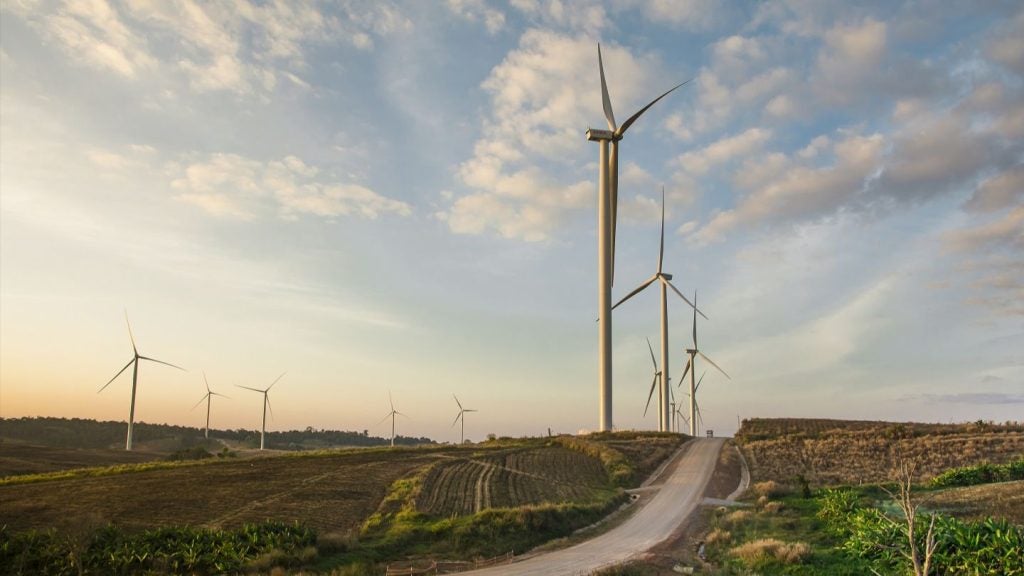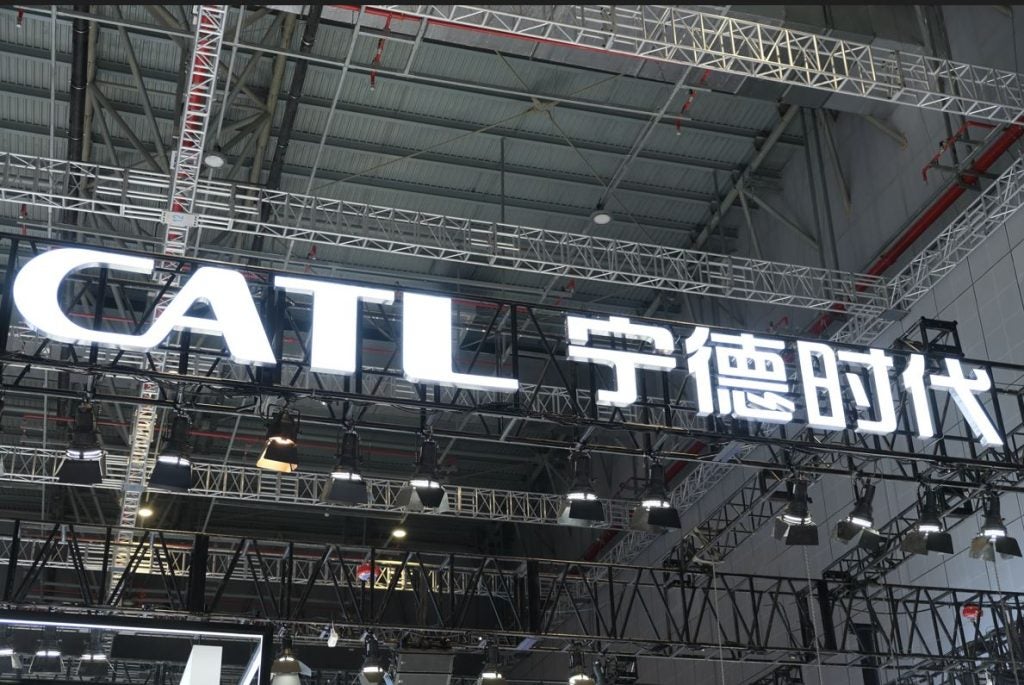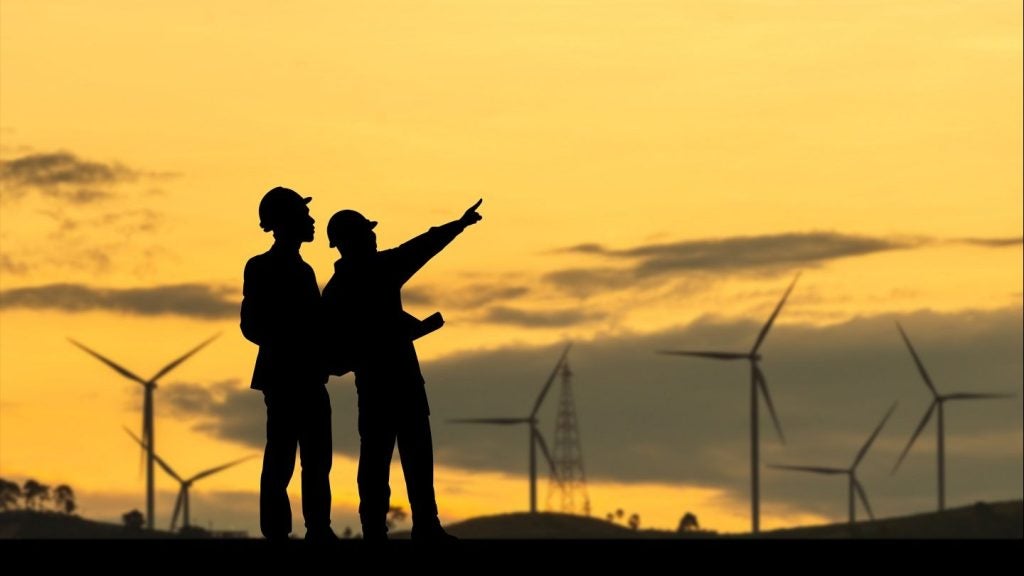The Office of Gas and Electricity Markets (Ofgem), the energy regulatory authority in the UK, and the UK’s electricity transmission operator National Grid ESO have agreed to connect backlog projects to the grid.
National Grid ESO has now been authorised by Ofgem to provide a transmission entry capacity (TEC) amnesty, so energy generators can now be released from the UK’s grid connection queue without the cancellation charges that are usually levied on producers who want to exit.
Until 30 September next year, National Grid ESO has proposed not to levy any charges, as per the TEC amnesty, for producers who request to terminate.
It will only apply to producers that have expressed interest under the TEC amnesty between last October and this April.
Ofgem stated that the income lost from not levying the charges will be recovered from all users of the transmission network via transmission network use of system charges.
It further noted that no third party will be unduly or adversely affected by the cancellation charges, as they will only be liable for their portion of investment in a project.
Due to the timely removal of projects from the grid connection queue, connection processes can be optimised while passing on the benefits to consumers. This can also reduce delays in connections and free up additional capacity.
It is estimated that TEC amnesty can help in freeing up around 50 projects holding transmission connection agreements, with a total capacity of around 8GW.
National Grid ESO stated that this move brings a clear opportunity to release capacity that is no longer required sooner than it otherwise would be, improving connection timescales.


